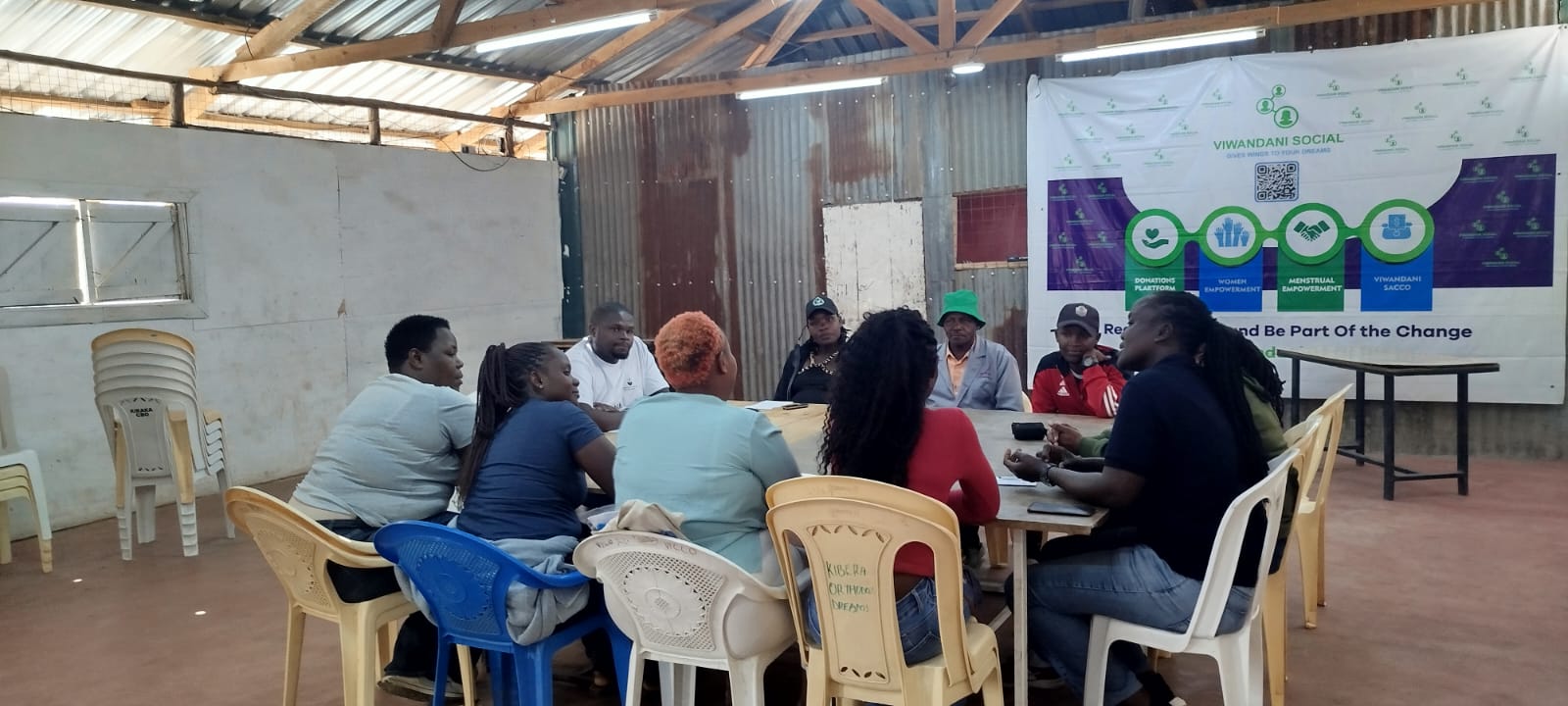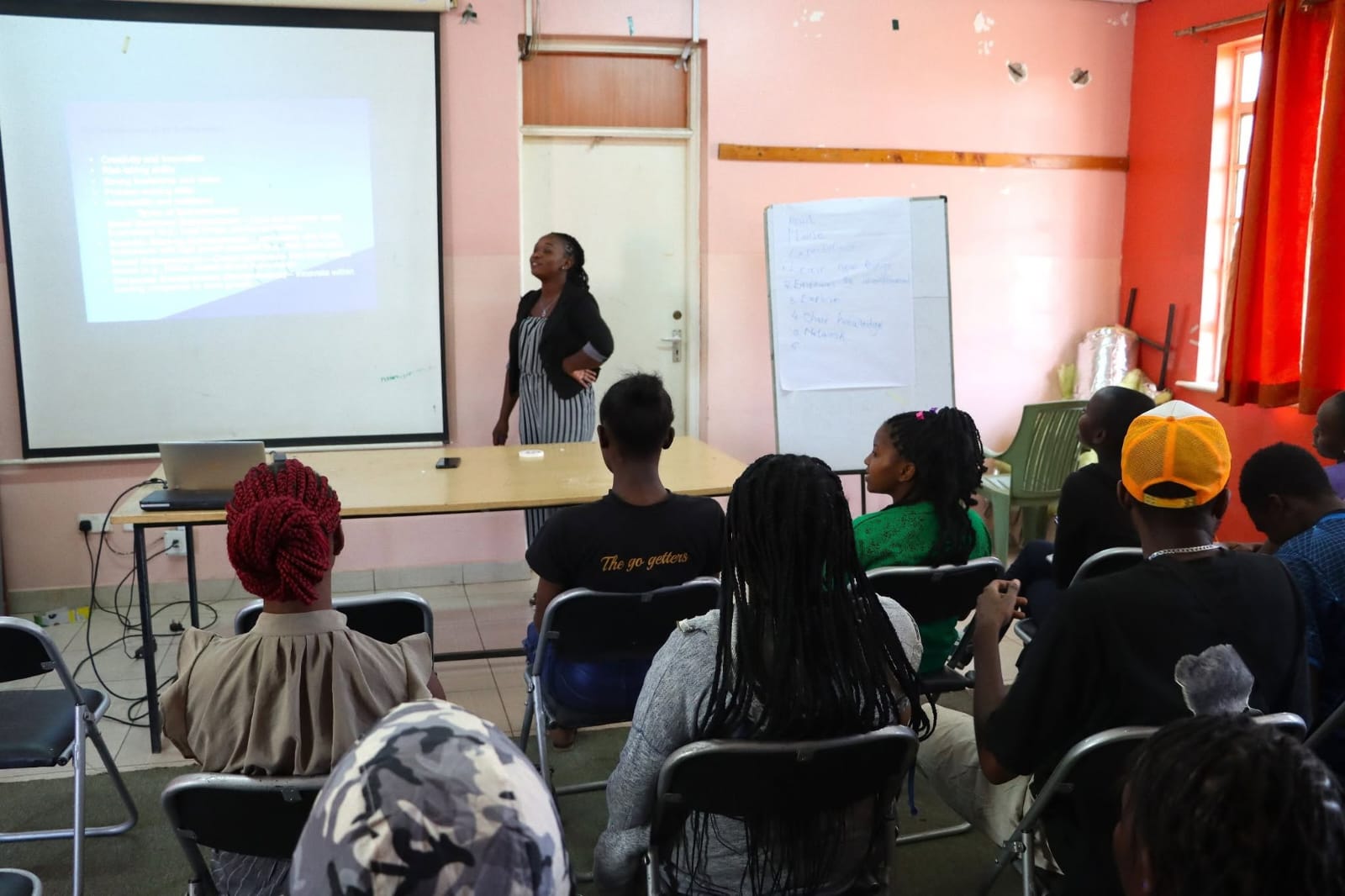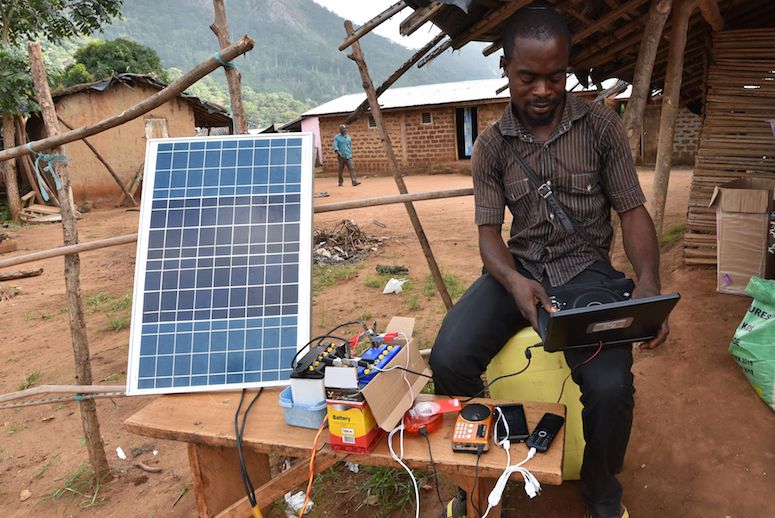FALSE: Photo does not show the drought situation in Embolioi, Kajiado County, in October 2022
PARTLY FALSE: There are no confirmed reports that the death toll in Londiani junction accident in Kenya is 102
Transport Cabinet Secretary Kipchumba Murokomen said the confirmed number of deaths stands at 52.

This tweet claiming that the death toll in the Londiani road accident in Kenya had, as of 1 July 2023, risen to 102 is PARTLY FALSE.
“Truck loses control and rams over pedestrians, hawkers, and several vehicles at Londiani junction. Death toll rises to 102. RIP to the departed souls,” the tweet reads.
A photo of wrecked vehicles is attached to the tweet.
The claim followed the 30 June 2023 accident in which the driver of a Rwanda-bound truck lost control of the vehicle and ploughed into pedestrians, vehicles, and motorcycles at the Londiani junction market on the Kericho-Nakuru highway. The accident claimed 52 lives, with over 30 people admitted to different health facilities.
While the particulars of the accident are mainly true, the death toll is not 102. Transport Cabinet Secretary Kipchumba Murokomen, Kericho Governor Erick Mutai, Labour and Social Protection Cabinet Secretary Florence Bore, as well as various credible media outlets, as seen here, here, here, and here, maintained the number of fatalities was 52.
PesaCheck has looked into a tweet claiming that as of 1 July 2023, the death toll in the Londiani accident in Kenya had risen to 102 and found it to be PARTLY FALSE.
This post is part of an ongoing series of PesaCheck fact-checks examining content marked as potential misinformation on Facebook and other social media platforms.
By partnering with Facebook and similar social media platforms, third-party fact-checking organisations like PesaCheck are helping to sort fact from fiction. We do this by giving the public deeper insight and context to posts they see in their social media feeds.
Have you spotted what you think is fake or false information on Facebook? Here’s how you can report. And, here’s more information on PesaCheck’s methodology for fact-checking questionable content.
This fact-check was written by PesaCheck fact-checker Naomi Wanjiku and edited by PesaCheck senior copy editor Cédrick Irakoze and acting chief copy editor Francis Mwaniki.
The article was approved for publication by PesaCheck managing editor Doreen Wainainah.
PesaCheck is East Africa’s first public finance fact-checking initiative. It was co-founded by Catherine Gicheru and Justin Arenstein, and is being incubated by the continent’s largest civic technology and data journalism accelerator: Code for Africa. It seeks to help the public separate fact from fiction in public pronouncements about the numbers that shape our world, with a special emphasis on pronouncements about public finances that shape government’s delivery of Sustainable Development Goals (SDG) public services, such as healthcare, rural development and access to water / sanitation. PesaCheck also tests the accuracy of media reportage. To find out more about the project, visitpesacheck.org.
PesaCheck is an initiative of Code for Africa, through its innovateAFRICA fund, with support from Deutsche Welle Akademie, in partnership with a coalition of local African media and other civic watchdog organisations.







